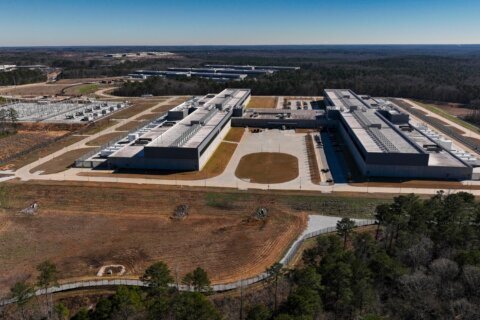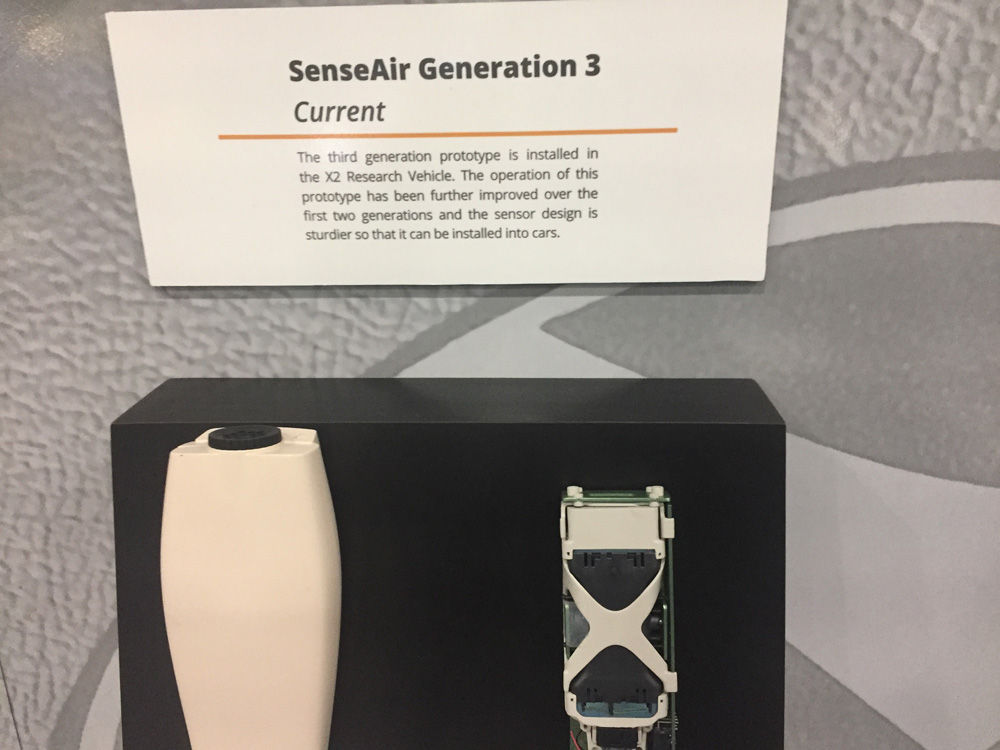
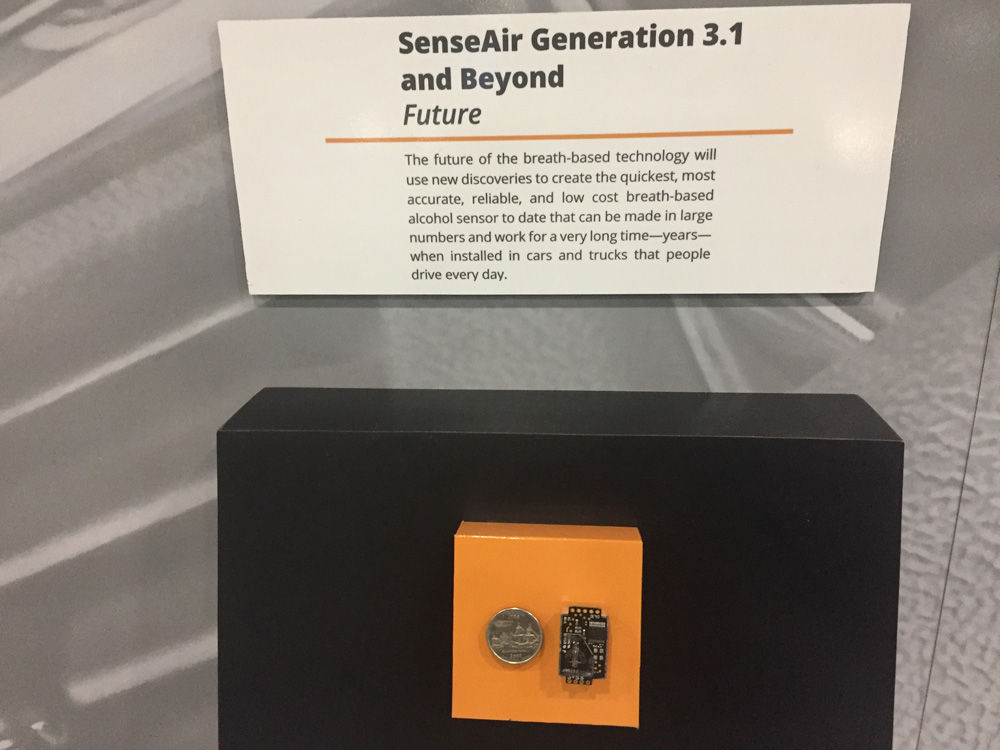
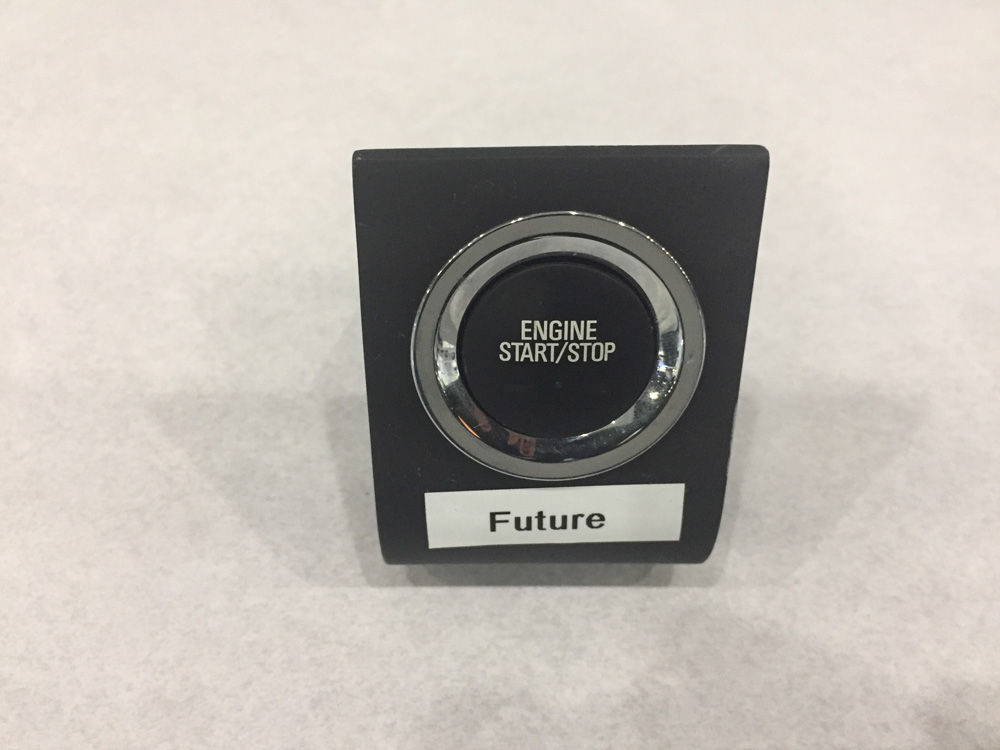
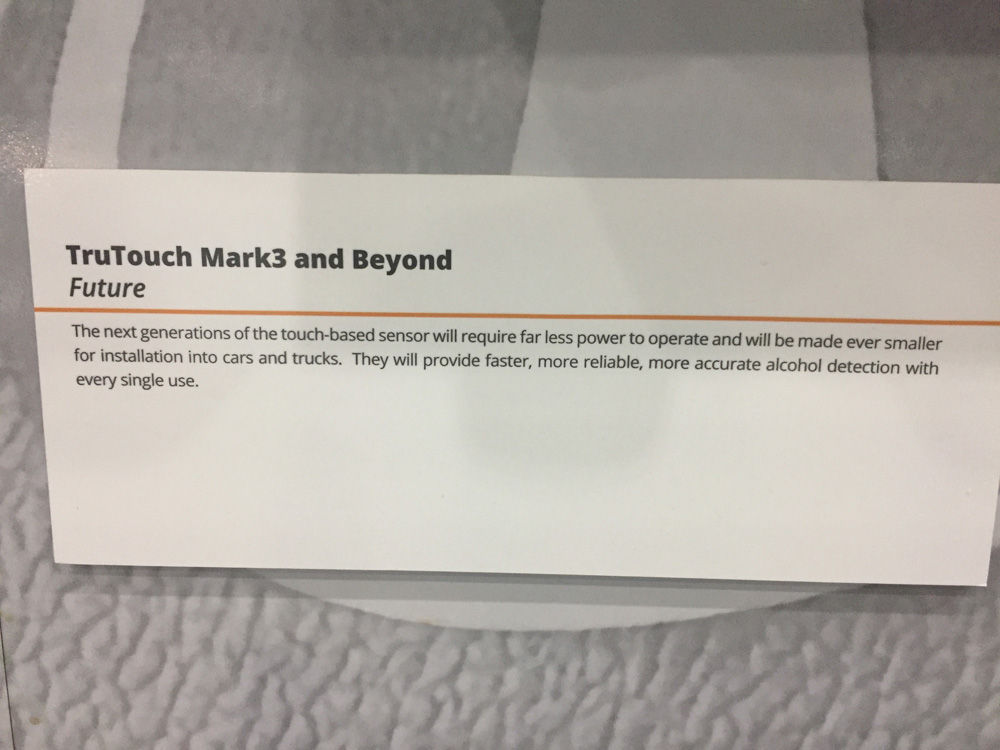
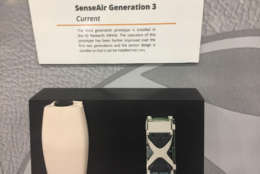
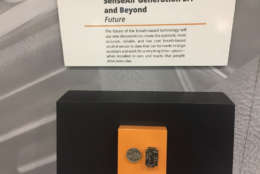
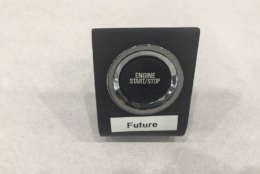
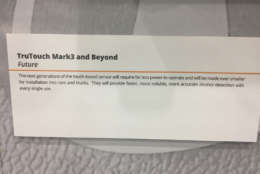
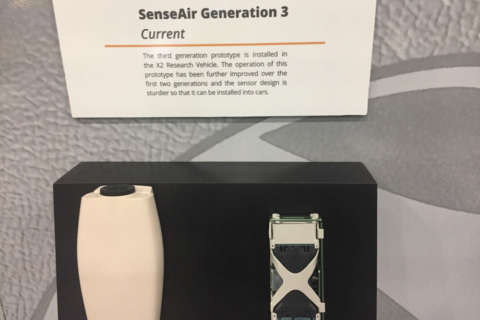
WASHINGTON — This year’s D.C. auto show included a lot of emphasis on autonomous technology meant to keep you safer on the road.
But what if there was technology that could keep drunken drivers from ever getting on the road to begin with?
One program hopes to make that happen.
Boston-based KEA Technologies is working with the Driver Alcohol Detection System for Safety (DADSS) program to come up with a passive way to keep drunken drivers off the road.
Bud Zaouk, the president and CEO of KEA Technologies, said the aim would be to allow the vehicle to start but not get into gear if too much alcohol was detected in the driver’s system.
“We don’t want to change what you do in the car,” Zaouk said. “You get in the car and then the sensors will identify whether you have alcohol and how much alcohol you have.”
Right now Zaouk and his team are testing two different systems.
One would be breath-based, with censors inside the car that would measure your breath when you exhale to calculate the alcohol concentration.
The other would be outfitted into push start buttons that more cars are coming equipped with, and use infrared technology to measure your blood alcohol content as you hit the button with your finger.
Out of the two technologies, Zauok said the breath-based technology is more developed, but it also comes with more hurdles.
For instance, what happens if you have the windows down? What if the driver is sober but passengers in the car have been drinking? Temperature and altitude fluctuations could also impact the technology.
If and when the technology is mastered, Zauok said he envisions it being one more option for car manufacturers to offer buyers, flatly denying he’s hoping for any government mandate.
“Where we feel the initial target would be [is] fleet application,” said Zaouk, referring to bus, limo and other commercial drivers who get behind the wheel for a living.
Parents of young drivers would also be a targeted market, with Zaouk calling it a “next layer of safety,” even for parents who believe their kids always make the right decision.
Testing of the technology will begin this year, with some of it being done in Virginia, “but we still have a long way to go,” Zaouk said.



